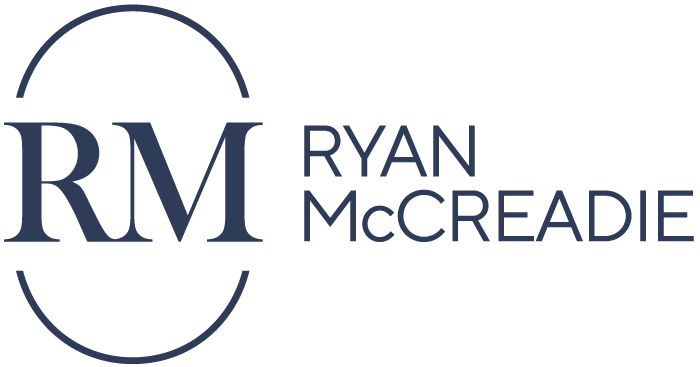A Guide to Effective Conflict Resolution Techniques in Personal and Professional Settings
Conflict is an unavoidable aspect of life that can bring stress, but it also presents the
potential for growth and development if managed appropriately. Here are some
effective conflict resolution tactics worth exploring to help handle disagreements in both
personal relationships and work settings.
Firstly, actively removing ego from disputes and writing out what might happen if
tensions grow helps maintain objectivity and prevent further issues from arising. By
doing this, you'll be well on your way to settling disagreements with ease!
The second technique involves simply ignoring the conflict, and it can be tempting to do
so when we don't want to engage. While conflict avoidance can seem like a tempting
solution, in reality, it only postpones and exacerbates the problem. The best path
forward is often to tackle conflict head-on with an eye toward resolution. To do this
effectively, however, requires recognizing sacred from pseudo-sacred issues – values
such as family bonds, religion, politics, or personal morals that have no room for
negotiation at their core - and approaching them separately, so each side's demands are
respected without sacrificing fundamental principles.
Lastly, when it comes to resolving conflicts, respect is essential. Showing a respectful
attitude through your behaviors - be that in how you view the other person and listen
intently, as well as in the tone of voice used and word choice selected - can help create
an atmosphere conducive to finding solutions together! Of course, there are more ways
than just this one for managing disagreements effectively; why not explore some
additional strategies?
These include:
• Active listening involves listening to what the other person is saying and trying to
understand their perspective. When you actively listen, you demonstrate that
you value the other person's opinions, which can help build trust and
cooperation.
• Compromise: Compromise involves finding a middle ground that works for both
parties. This may include giving up something important to you, but it can be an
effective way to resolve a conflict when both parties are willing to make
concessions.
• Collaboration: Collaboration involves working together to find a solution that
benefits everyone. When you collaborate, you are more likely to find a fair,
equitable, and sustainable solution that everyone can support.
potential for growth and development if managed appropriately. Here are some
effective conflict resolution tactics worth exploring to help handle disagreements in both
personal relationships and work settings.
Firstly, actively removing ego from disputes and writing out what might happen if
tensions grow helps maintain objectivity and prevent further issues from arising. By
doing this, you'll be well on your way to settling disagreements with ease!
The second technique involves simply ignoring the conflict, and it can be tempting to do
so when we don't want to engage. While conflict avoidance can seem like a tempting
solution, in reality, it only postpones and exacerbates the problem. The best path
forward is often to tackle conflict head-on with an eye toward resolution. To do this
effectively, however, requires recognizing sacred from pseudo-sacred issues – values
such as family bonds, religion, politics, or personal morals that have no room for
negotiation at their core - and approaching them separately, so each side's demands are
respected without sacrificing fundamental principles.
Lastly, when it comes to resolving conflicts, respect is essential. Showing a respectful
attitude through your behaviors - be that in how you view the other person and listen
intently, as well as in the tone of voice used and word choice selected - can help create
an atmosphere conducive to finding solutions together! Of course, there are more ways
than just this one for managing disagreements effectively; why not explore some
additional strategies?
These include:
• Active listening involves listening to what the other person is saying and trying to
understand their perspective. When you actively listen, you demonstrate that
you value the other person's opinions, which can help build trust and
cooperation.
• Compromise: Compromise involves finding a middle ground that works for both
parties. This may include giving up something important to you, but it can be an
effective way to resolve a conflict when both parties are willing to make
concessions.
• Collaboration: Collaboration involves working together to find a solution that
benefits everyone. When you collaborate, you are more likely to find a fair,
equitable, and sustainable solution that everyone can support.
• Win-win thinking: This involves viewing a conflict as an opportunity to find a
solution that benefits everyone involved rather than seeing it as a competition in
which one person must win, and the other must lose. When you adopt a win-win
mindset, you are more likely to find a satisfying resolution for both parties.
Conflict resolution doesn't have to be a stressful confrontation - if approached positively,
it can actually foster growth and improvement. With these four techniques at your
disposal, you can navigate both personal and professional conflicts more effectively!
solution that benefits everyone involved rather than seeing it as a competition in
which one person must win, and the other must lose. When you adopt a win-win
mindset, you are more likely to find a satisfying resolution for both parties.
Conflict resolution doesn't have to be a stressful confrontation - if approached positively,
it can actually foster growth and improvement. With these four techniques at your
disposal, you can navigate both personal and professional conflicts more effectively!




